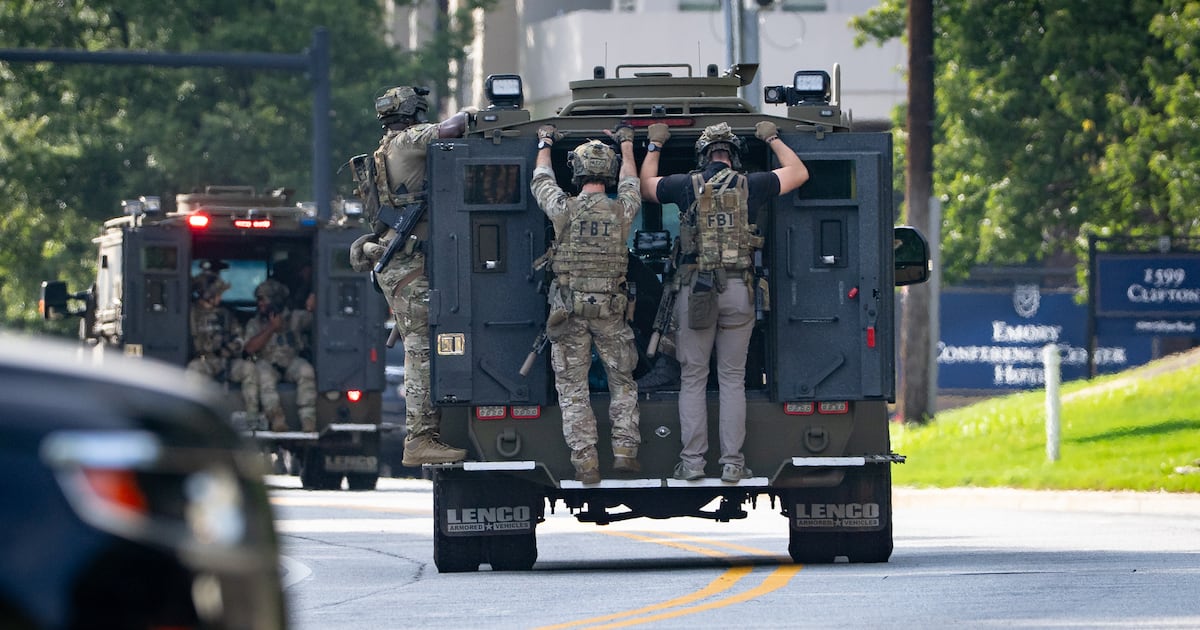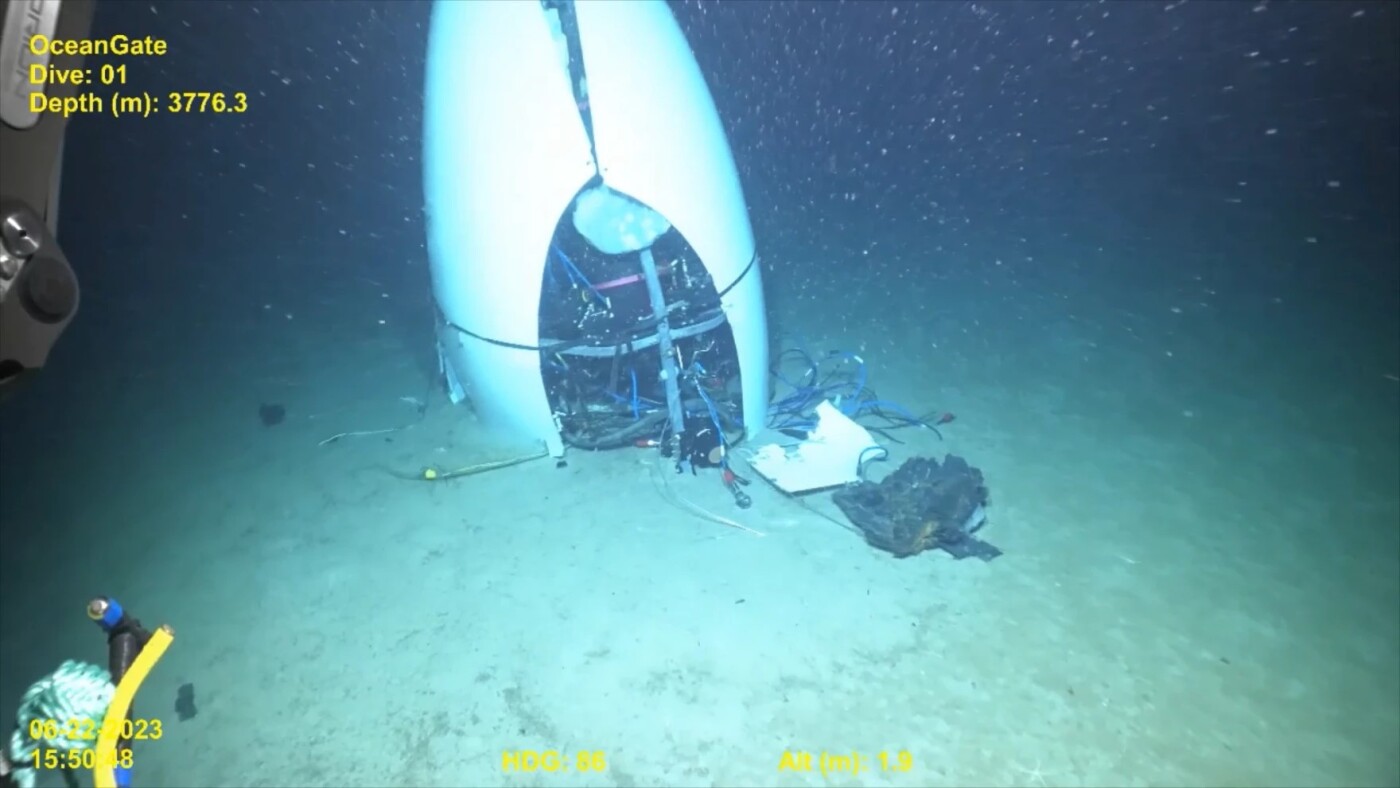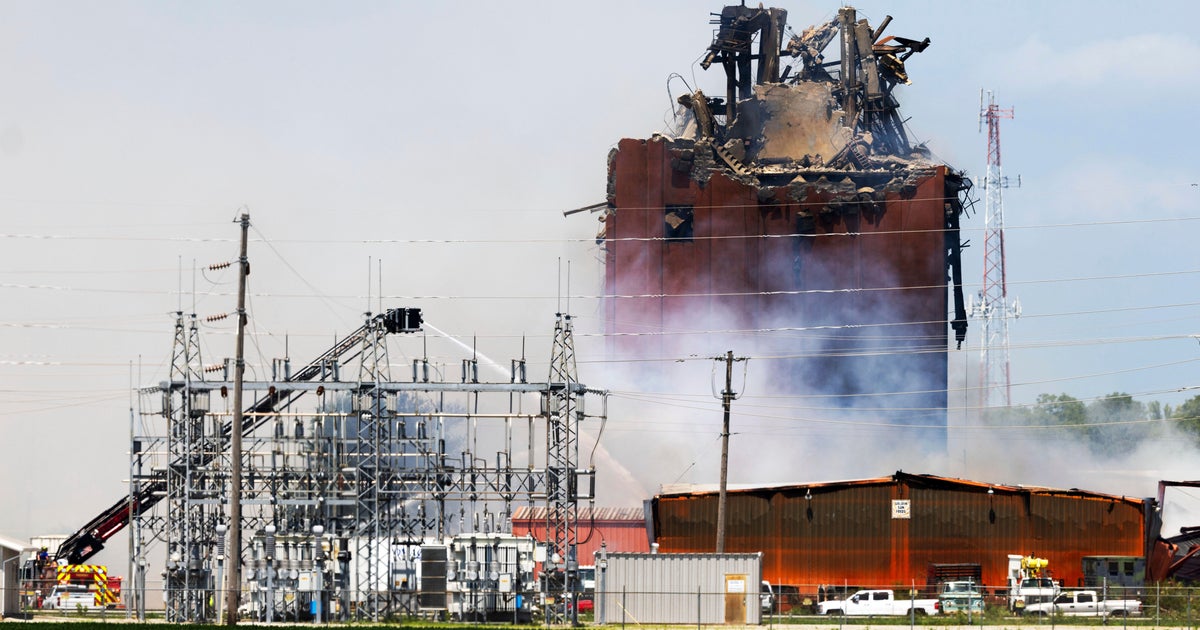Tragedy at Emory University: Police Officer Killed in Active Shooter Situation

Introduction
A tragedy occurred at Emory University in Atlanta when a DeKalb County police officer lost his life during an active shooter situation. The shooter also died, leaving behind a chaotic scene on the university campus. The incident has left the community in shock and mourning.
Key Details
The officer, whose identity has not yet been released, was responding to a call of an active shooter on the Emory University campus. The officer was shot while trying to apprehend the shooter, who was also fatally wounded in the incident. The university was immediately placed on lockdown as police and SWAT teams responded to the scene. The motive for the shooting is still unknown and the investigation is ongoing.
Impact
This tragic event has left the Emory University and Atlanta community devastated. The loss of a brave officer and the senseless violence on a university campus is a reminder of the need for increased safety measures and vigilance in today's society. Our thoughts and prayers go out to the officer's family and loved ones during this difficult time. We hope that this incident will prompt important discussions and actions towards preventing similar tragedies in the future.
About the Organizations Mentioned
Emory University
Emory University is a prestigious private research university located in Atlanta, Georgia, founded in 1836 by the Methodist Episcopal Church as Emory College. It was named after Bishop John Emory and initially established in Oxford, Georgia. The institution has a rich history, including closure during the Civil War when students enlisted in the Confederate army and the campus served as a hospital and Union headquarters. Post-war recovery was aided by significant philanthropy, notably from banker George I. Seney in the 1880s, enabling debt repayment, construction, and endowment growth[1][2]. Emory expanded over the years to become one of the fastest-growing research universities in the U.S., renowned for its contributions to medicine, science, and humanities. It hosts over seventy research centers tackling critical issues such as cancer, AIDS, Alzheimer’s, and Parkinson’s diseases. The university benefits from proximity to major institutions like the Centers for Disease Control and Prevention and the American Cancer Society, fostering collaboration and innovation[3]. A significant part of Emory’s identity is its Robert W. Woodruff Health Sciences Center (established 1966), named after the Coca-Cola leader whose philanthropy greatly influenced the university. This center integrates health education, research, and patient care, reflecting Emory’s leadership in health sciences[6]. Emory is also noted for its sustainability initiatives, including the pioneering WaterHub water reclamation facility and a high national ranking for green campus engagement. The university formally acknowledges its location on the ancestral lands of the Muscogee (Creek) Nation and actively promotes Indigenous history and accountability[4][5]. Notable achievements include the establishment of the Carter Center by former U.S. President Jimmy Carter, a Nobel Peace Prize laureate and Emory faculty member, which advances global peace, democracy, and disease eradication. Emory’s blend of historic legacy, cutting-edge research, and social impact makes it a significant institution in business, technology, and health sectors[3]
DeKalb County Police
The **DeKalb County Police Department (DKPD)** is the primary law enforcement agency serving unincorporated DeKalb County, Georgia, including the cities of Tucker and Stonecrest. It protects a population exceeding 730,000 people across a 271-square-mile area. The department's mission focuses on enhancing residents' quality of life by enforcing laws, preserving peace, reducing fear, and ensuring a safe environment in partnership with the community and within constitutional frameworks[1][4]. Founded with a commitment to professional policing, DKPD has maintained accreditation by the Commission on Accreditation for Law Enforcement Agencies since 1991, reflecting sustained adherence to high standards in policing practices[1]. The department is led by Chief Mirtha V. Ramos and structured with ranks from Police Officer up to Chief of Police, ensuring clear command and operational efficiency[1]. DKPD handles all emergency 911 calls and is the first responder for law enforcement needs in the county, working alongside the DeKalb County Sheriff's Office and multiple municipal police agencies. The sheriff retains overarching authority but the police department is the frontline agency for public safety[2]. A notable and somber part of DKPD's history includes the loss of 31 officers killed in the line of duty, reflecting the department’s sacrifices and challenges. Among these was Captain Derwin Brown, who was also elected DeKalb County Sheriff and was tragically killed in 2000 by a rival, marking a significant event in the department’s history[1]. DKPD is also recognized for its Special Services Division, which includes tactical units, helicopter support, bomb disposal, canine units, and traffic enforcement. The department embraces technology to enhance effectiveness, such as integrated camera monitoring systems that help quickly identify suspects and manage public safety[6]. In recruitment and organizational values, DKPD emphasizes professionalism, integrity, and accountability. It actively seeks qualified candidates to sustain its workforce and provides community-centered policing services with transparency and responsiveness[5]. Overall, the D
SWAT
## Overview In the context of business and technology, **SWAT** (often stylized as "BI SWAT," "Software SWAT," or "Pricing SWAT") refers not to the police tactical unit, but to specialized, cross-functional teams within organizations that are mobilized to tackle critical challenges, drive rapid innovation, or respond to crises[1][2][5]. These teams borrow their name and ethos from law enforcement’s Special Weapons and Tactics units—emphasizing speed, expertise, and decisive action—but apply these principles to business problem-solving, technical projects, and market volatility[1][5]. ## Mission and Activities SWAT teams in business and technology are typically small, agile groups composed of internal and external experts with diverse skills[1][2]. Their core mission is to deliver high-impact solutions quickly—often within six to twelve weeks—by bypassing bureaucratic hurdles and focusing intensely on the task at hand[1]. Common activities include evaluating new business ideas, assessing project feasibility, consulting on complex technical issues, and implementing rapid fixes to stalled or failing projects[2][3]. In pricing and market strategy, SWAT teams help organizations respond to volatility by making swift, informed decisions to protect revenue and customer trust[5]. ## History and Evolution The concept of business SWAT teams emerged as organizations recognized the need for rapid response units to address bottlenecks, innovation gaps, and market shocks[1][3][5]. Unlike traditional project teams, SWAT teams are often assembled ad hoc, reporting directly to project or executive leadership rather than functional managers, which allows for greater agility and focus[3]. This model has gained traction across industries—especially in technology, consulting, and data-driven enterprises—as a way to maintain competitiveness in fast-changing environments. ## Key Achievements and Notable Aspects SWAT teams are credited with revitalizing stalled business intelligence programs, unblocking complex software projects, and enabling companies to pivot quickly in response to market disruptions[1















